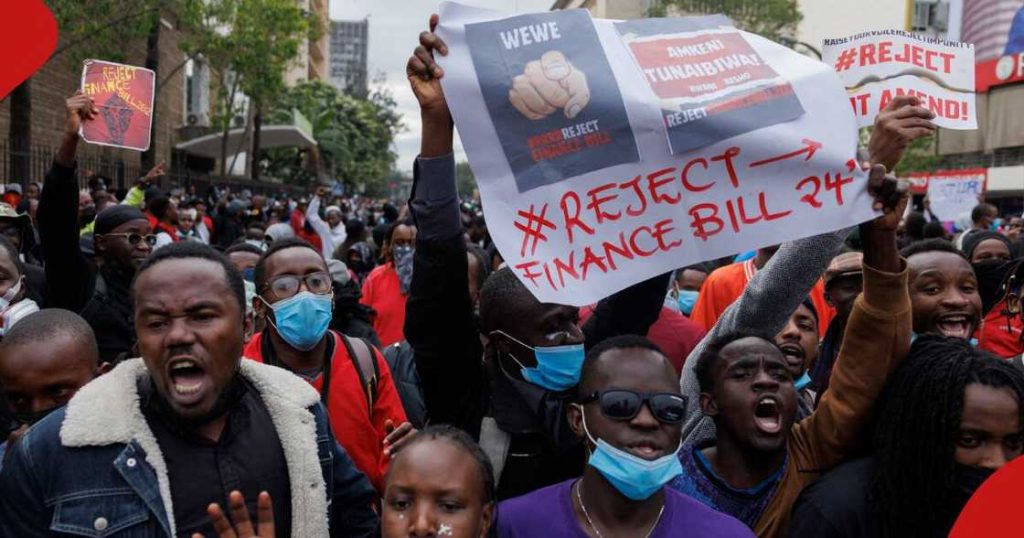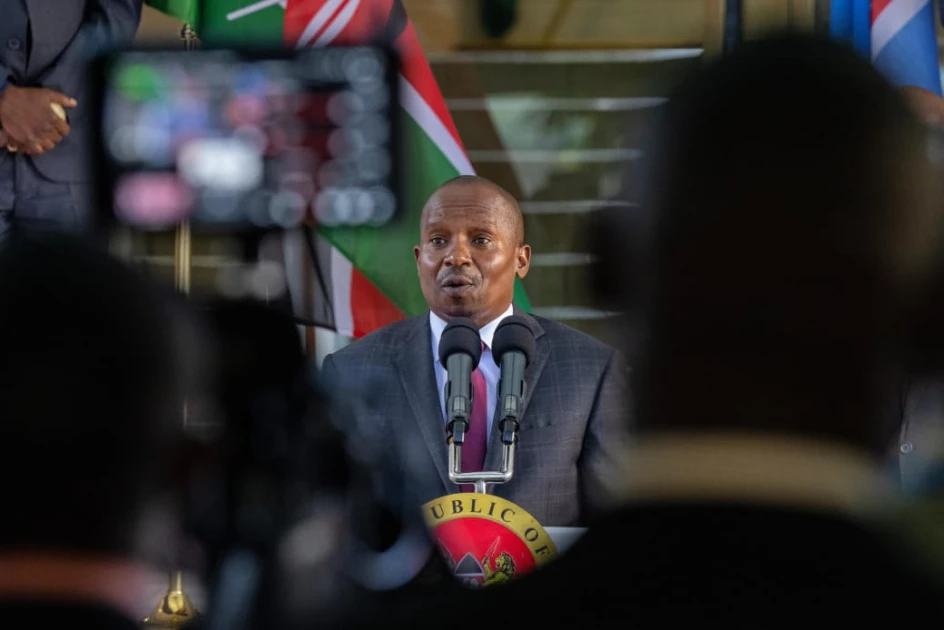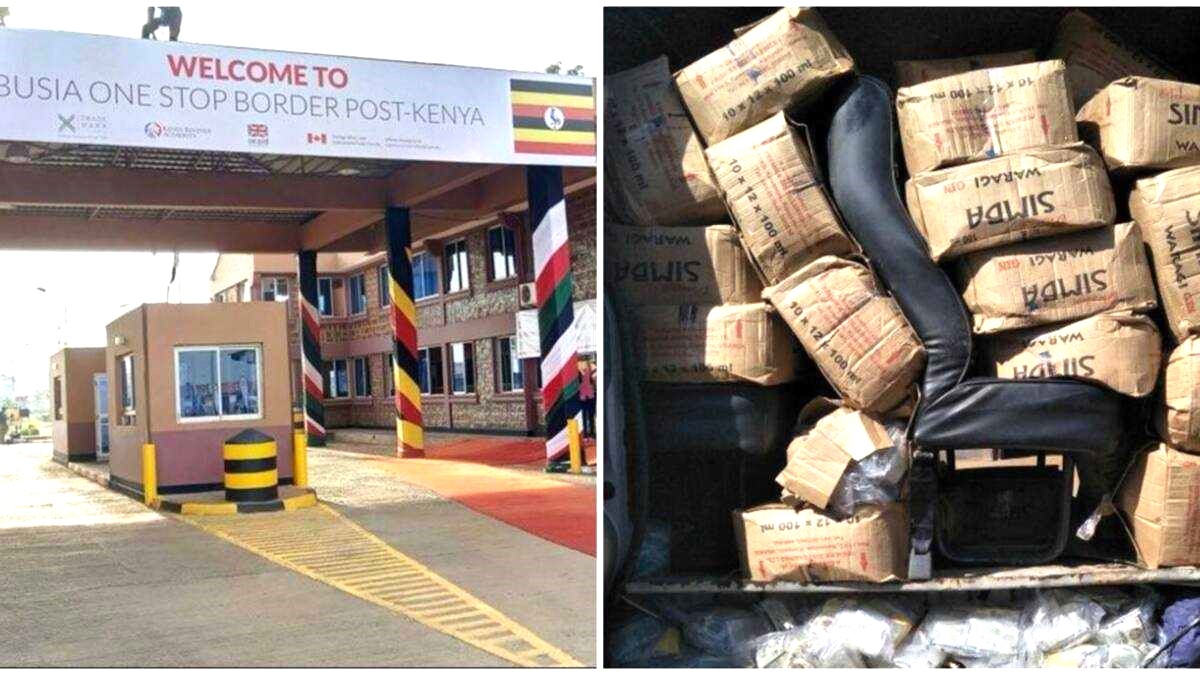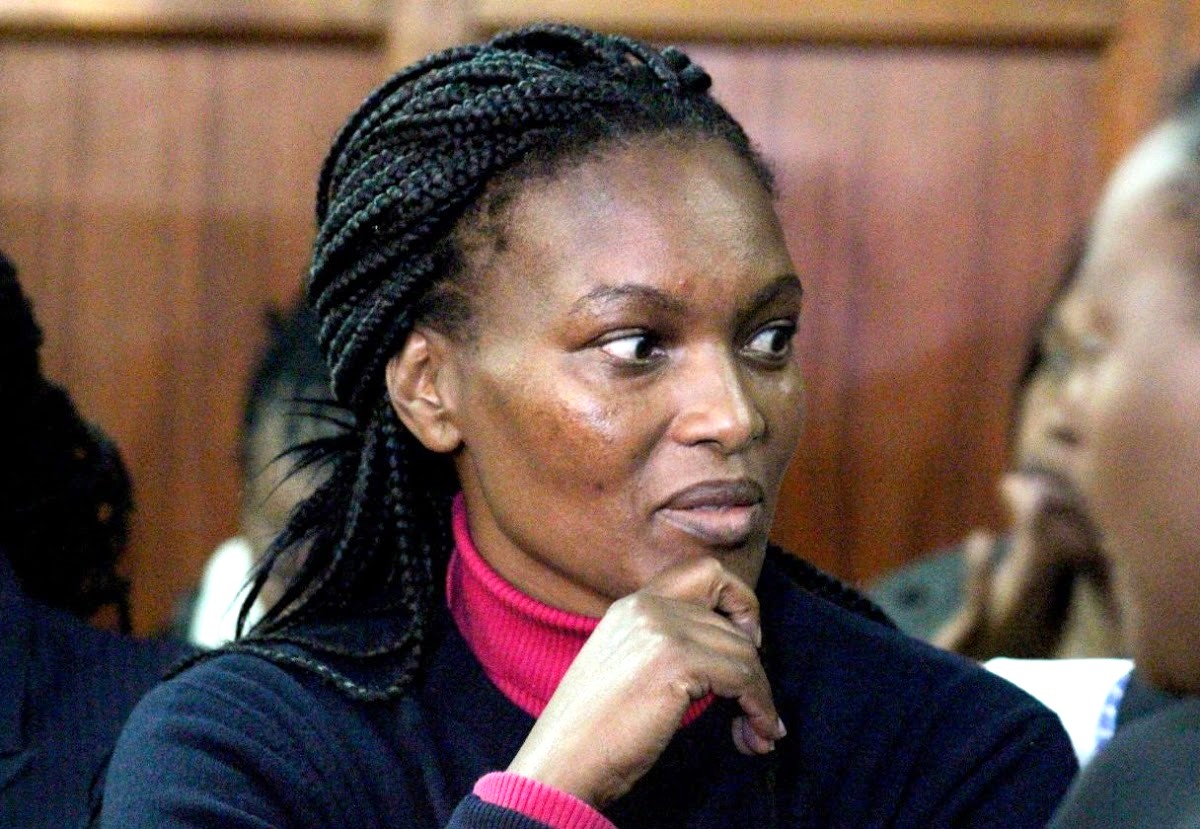Read Part 1 of a 2-Part Series on Human Rights Abuses and the Fight for Justice
In a deeply concerning report, Human Rights Watch (HRW) revealed that between June and August, Kenyan security forces engaged in severe abuses against individuals perceived to be leaders of the anti-Finance Bill protests. According to HRW, these actions included abductions, arbitrary arrests, and even extrajudicial killings, all seemingly aimed at stifling dissent against the bill’s controversial tax provisions.
HRW’s findings highlight a troubling pattern: protesters were held in secret detention sites, including forests and abandoned buildings, where detainees were cut off from access to their families and legal counsel. These unlawful detentions blatantly disregarded legal protocols, stripping individuals of basic rights and protections.

The protests that began in early June were spearheaded largely by young Kenyans aged 18 to 35, who voiced their discontent with the proposed Finance Bill 2024, introduced by President Ruto’s government through Parliament on June 18. The bill, which would hike taxes on essential goods and services to meet International Monetary Fund revenue targets, triggered immediate backlash. Outrage grew swiftly, culminating in mass protests that reached a critical point on June 25.
Violence Erupts Outside Parliament
On that day, an estimated crowd of 3,000 to 4,000 people clashed with anti-riot police outside the Parliament building. In a bid to disperse the crowd, police officers fired directly into the gathering, reportedly resulting in fatalities. Protesters eventually forced their way into Parliament, where they damaged property in what became a highly charged confrontation with government security forces. President William Ruto labelled the incident an “invasion” and “treason,” announcing the withdrawal of the bill the following day. However, authorities continued to pursue protest leaders and activists, using CCTV footage to track them down.
Escalating Crackdown and Dwindling Accountability
The government’s response included intensified surveillance and a wave of abductions targeting protest leaders, particularly those identifiable from footage taken outside Parliament. Security officers, some wearing civilian clothing and masks, reportedly used unmarked vehicles with constantly altered license plates to evade detection. According to HRW, multiple agencies were involved in the crackdown, including the Directorate of Criminal Investigations, Rapid Deployment Unit, Anti-Terrorism Police Unit, and military intelligence.
Interviews with former detainees and witnesses reveal chilling accounts of torture. One young protester described how, after being picked up on June 27 by plainclothes officers, he was held in an abandoned building with blood-stained floors, where he was savagely beaten and interrogated for hours.
Calls for Justice and International Scrutiny
HRW has condemned these actions as severe human rights abuses and called on the Kenyan government to end the abductions, publicly denounce the suppression of peaceful protest, and investigate officers implicated in these alleged crimes. “The ongoing deadly crackdown on protesters further taints Kenya’s already dismal human rights record,” said Otsieno Namwaya, Associate Africa Director at HRW.
Despite the Finance Bill’s withdrawal, the crackdown has continued. This two-part series seeks to delve deeper into these alarming events, exploring the lives affected by this crisis, the government’s response, and the role of international organizations in demanding accountability for the human rights violations unfolding in Kenya.
Stay tuned for Part 2, where we examine the lasting impacts of the crackdown on affected communities and the ongoing fight for justice and transparency.





